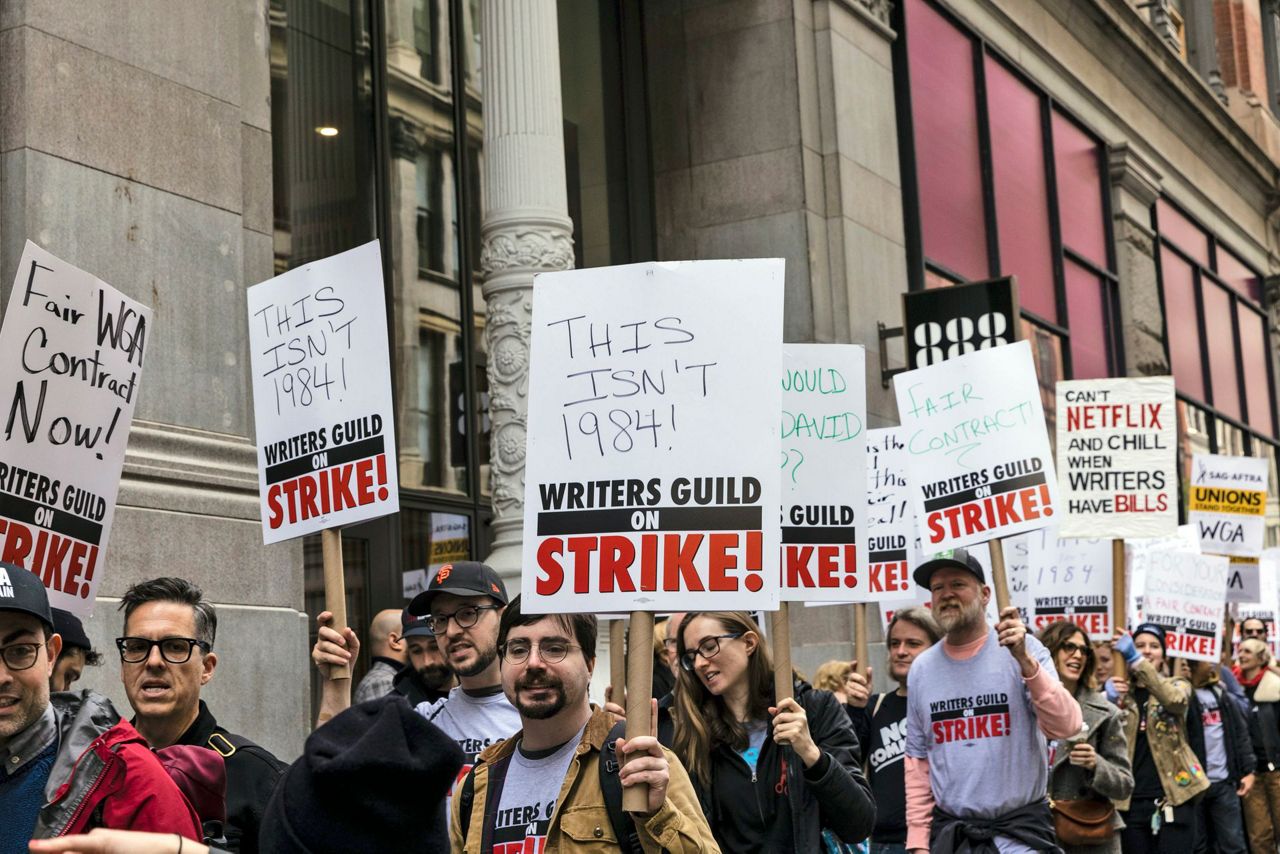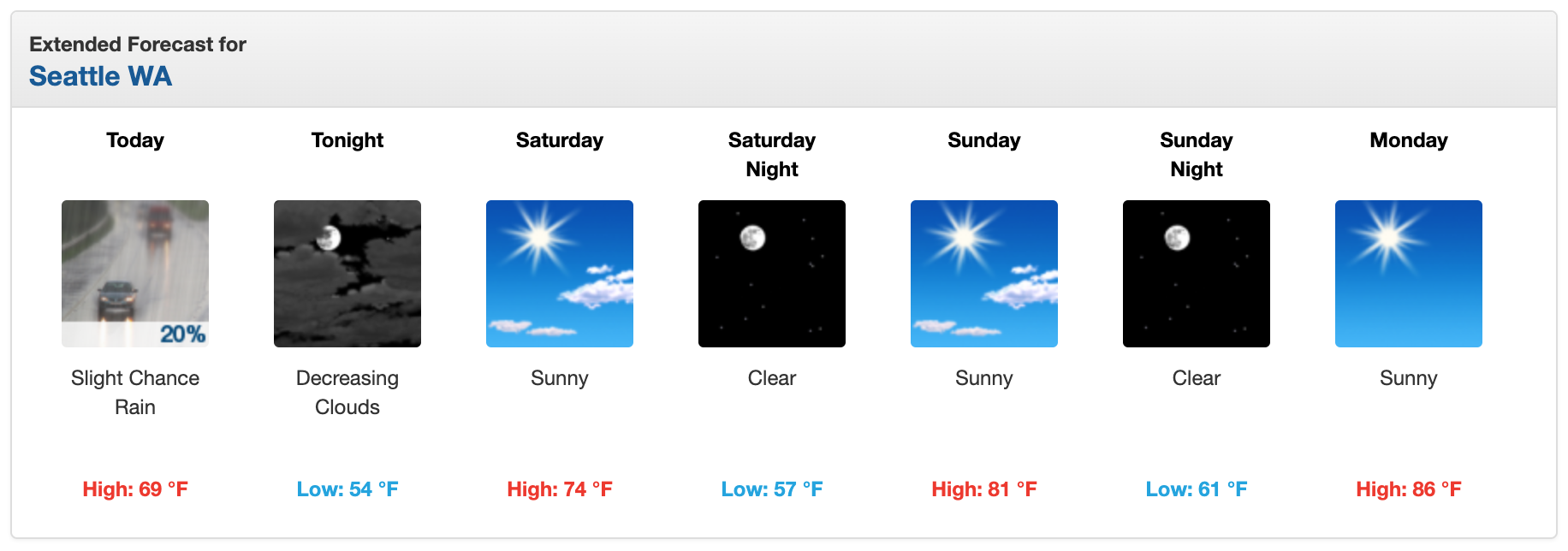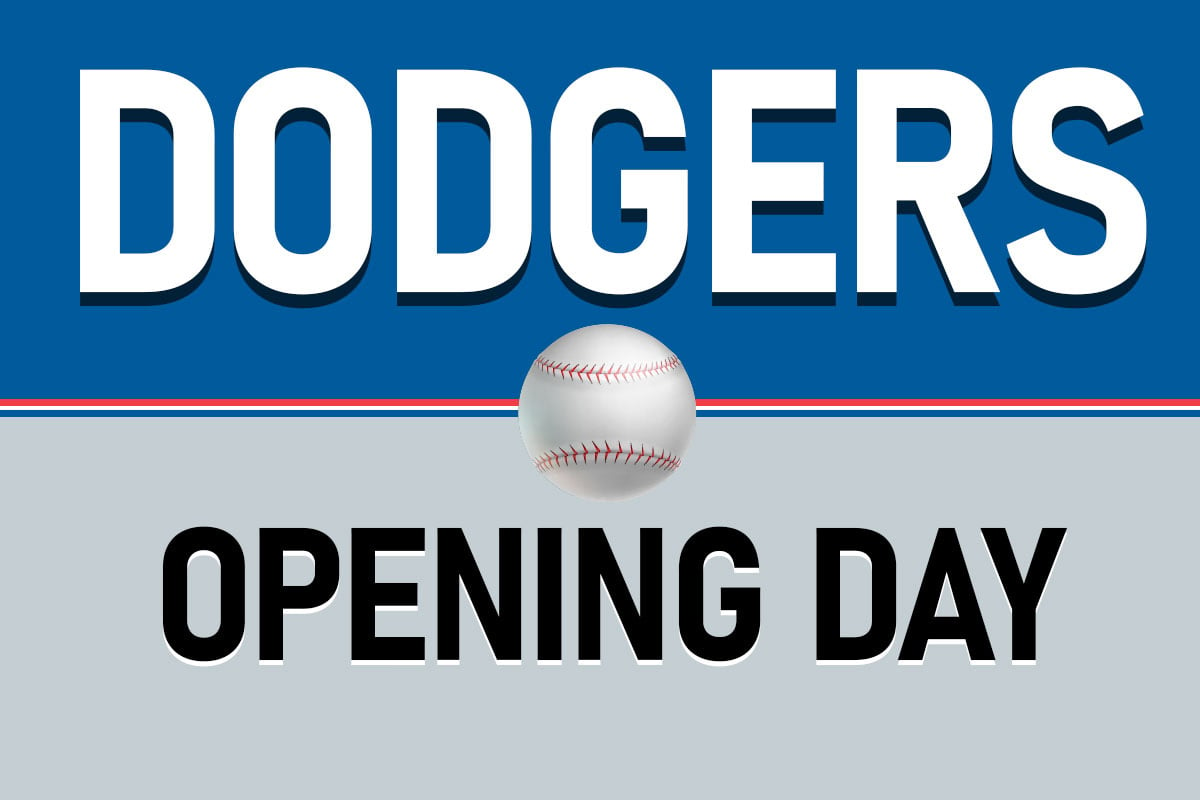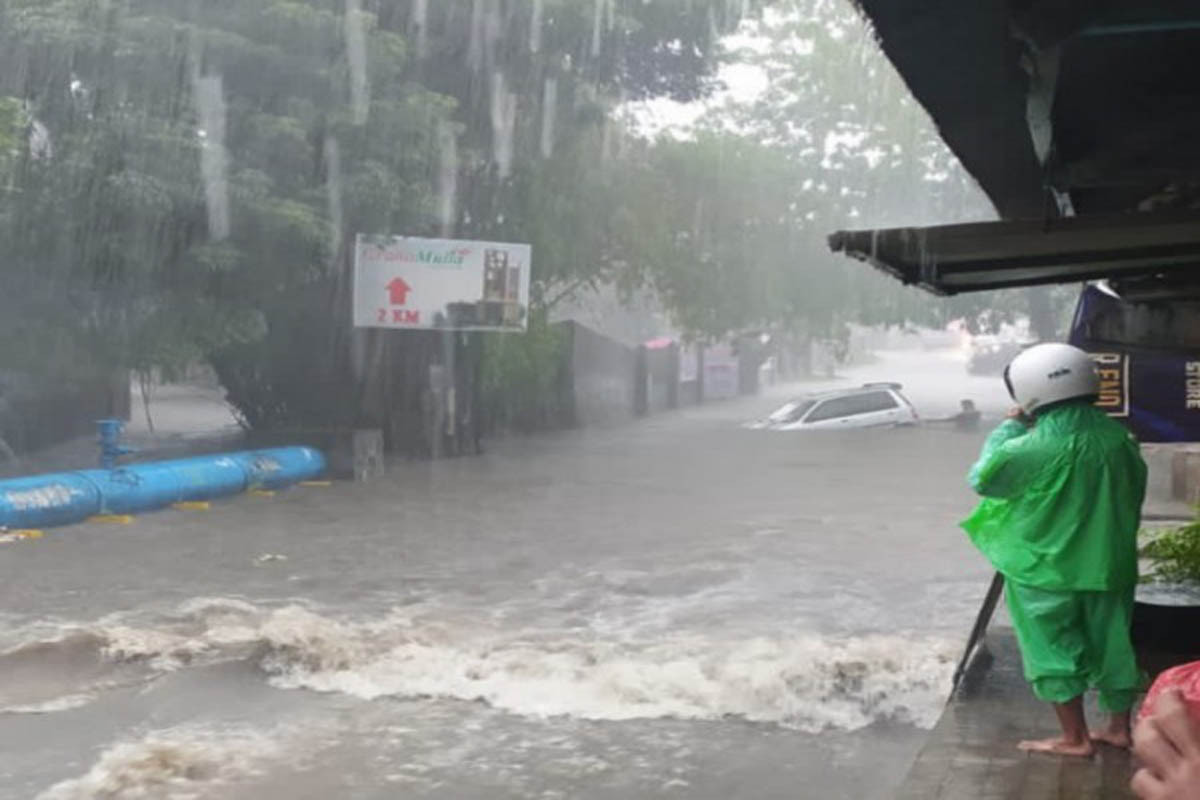Hollywood Shutdown: Understanding The Actors' And Writers' Strike

Table of Contents
The Roots of the Hollywood Strike: Why the Walkout?
The current Hollywood strike isn't an isolated incident; it's the culmination of decades of growing dissatisfaction within the creative community. Previous strikes, such as the 1960 and 1988 writers' strikes, foreshadowed the current conflict, highlighting persistent issues regarding fair compensation and working conditions. However, the current climate is unique, fueled by the seismic shift in the entertainment landscape brought about by streaming services.
Fair Compensation and Residuals: The Streaming Era's Impact
The introduction of streaming platforms has dramatically altered the compensation model for actors and writers. Traditional television models offered residuals – payments made to actors and writers each time their work aired in reruns or syndication. Streaming services, however, often offer significantly lower residuals, or none at all, despite potentially massive viewership.
- Traditional Model: Residuals provided a significant portion of an actor or writer's income, especially for those in recurring roles or shows with long lifespans.
- Streaming Model: Many streaming deals offer upfront payments with minimal or no residuals, creating significant income instability, especially for those not in leading roles.
- Inflationary Impact: The rising cost of living further exacerbates the income disparity, making it increasingly difficult for many actors and writers to make ends meet. This is a significant contributor to the dissatisfaction fueling the Hollywood strike.
The Rise of AI and its Impact on Creative Work
The rapid advancement of artificial intelligence (AI) presents a serious threat to the livelihoods of writers and actors. Concerns are mounting about the potential misuse of AI to replace human creativity, leading to job displacement and ethical questions.
- AI-Generated Scripts: The fear is that studios will utilize AI to generate scripts, reducing the need for human writers and potentially lowering the quality of storytelling.
- Deepfakes and AI Performance: Actors worry about the unauthorized use of their likenesses and performances through deepfake technology, potentially undermining their image rights and control over their work.
- Lack of Copyright and Ownership: The legal landscape surrounding AI-generated content is still largely undefined, leaving actors and writers vulnerable to exploitation and loss of ownership of their intellectual property.
Working Conditions and Exploitation
Beyond financial concerns, the Hollywood strike highlights deeply ingrained issues related to working conditions and power imbalances within the industry. Many actors and writers face exploitative practices, including excessively long hours and inadequate compensation for their labor.
- Long Hours and Unpaid Overtime: Production schedules often exceed reasonable limits, leaving creatives exhausted and overworked without appropriate compensation.
- Insufficient Healthcare Benefits: Many actors and writers lack access to comprehensive and affordable healthcare, especially those not employed on major projects.
- Harassment and Discrimination: The industry has historically struggled with issues of harassment and discrimination, contributing to an unsafe and hostile work environment for many.
Key Demands of the Actors' and Writers' Guilds (SAG-AFTRA & WGA)
Both SAG-AFTRA (Screen Actors Guild - American Federation of Television and Radio Artists) and the WGA (Writers Guild of America) have presented comprehensive lists of demands aimed at addressing the core issues driving the Hollywood strike.
SAG-AFTRA's Demands
SAG-AFTRA's demands primarily focus on fair wages, protections against AI exploitation, and improved benefits.
- Minimum Wage Increases: The union seeks substantial increases to minimum wages to reflect the rising cost of living and the value of actors' contributions.
- AI Usage Regulations: They demand strict regulations and fair compensation for the use of actors' images and performances in AI-generated content.
- Enhanced Healthcare and Pension Plans: SAG-AFTRA seeks significant improvements to healthcare and pension plans to ensure the financial security of its members.
WGA's Demands
The WGA's demands center around fair compensation for streaming services, minimum staffing levels in writers' rooms, and protections against AI-driven job displacement.
- Fair Residuals for Streaming: The union seeks to secure fair and equitable residual payments for work distributed on streaming platforms.
- Minimum Staffing on Writing Teams: The WGA is fighting to prevent studios from reducing the size of writing staffs, undermining the creative process and job security.
- AI Regulations in Scriptwriting: Similar to SAG-AFTRA, the WGA is pushing for regulations to prevent the exploitation of writers through AI-generated content.
The Impact of the Hollywood Strike
The Hollywood strike's consequences extend far beyond the entertainment industry, impacting the broader economy and society.
Economic Fallout
The economic ripple effects of the strike are substantial.
- Financial Losses for Studios: Major studios are facing significant financial losses due to production delays and cancellations.
- Job Losses Across Industries: The strike is causing job losses not only within production but also in related sectors like catering, transportation, and local businesses.
- Impact on Tourism: The shutdown of filming and related events in Hollywood is affecting tourism and revenue for local businesses.
Impact on Film and Television Production
The ongoing strike is causing extensive disruption to the film and television industry.
- Delayed and Canceled Projects: Numerous film and television projects are facing indefinite delays or complete cancellations.
- Altered Release Schedules: Movie and television show release schedules are being significantly impacted, leading to uncertainty for studios and consumers.
- Effects on Film Festivals and Awards Ceremonies: The strike threatens to disrupt major film festivals and awards ceremonies, impacting the industry's promotional cycle.
Conclusion
The Hollywood strike is a pivotal moment, highlighting the growing struggle between creative professionals and powerful studios. The demands for fair compensation, improved working conditions, and protection against AI encroachment are crucial not only for the well-being of actors and writers but also for the future of the entertainment industry. Understanding the intricacies of the Hollywood strike – the core issues, the key demands, and the far-reaching consequences – is paramount. Staying informed about the ongoing negotiations and the potential resolution is crucial. Let's continue to follow the progress of this significant event affecting the future of the Hollywood strike and its potential impact on the entertainment industry. This Hollywood strike needs a fair and equitable resolution to secure the future of creative professionals and the industry as a whole.

Featured Posts
-
 Galaxy S25 Ultra 256 Go Acheter Ou Pas Notre Analyse Complete
May 28, 2025
Galaxy S25 Ultra 256 Go Acheter Ou Pas Notre Analyse Complete
May 28, 2025 -
 Seattle Weather Forecast Rain Through The Weekend
May 28, 2025
Seattle Weather Forecast Rain Through The Weekend
May 28, 2025 -
 Marlins 2025 Opening Day Roster Key Battles To Watch
May 28, 2025
Marlins 2025 Opening Day Roster Key Battles To Watch
May 28, 2025 -
 Lordes Surprise Appearance At Lorde Themed Night Fans React
May 28, 2025
Lordes Surprise Appearance At Lorde Themed Night Fans React
May 28, 2025 -
 Prakiraan Cuaca Jawa Timur Besok 6 5 Hujan Pagi Dan Malam
May 28, 2025
Prakiraan Cuaca Jawa Timur Besok 6 5 Hujan Pagi Dan Malam
May 28, 2025
